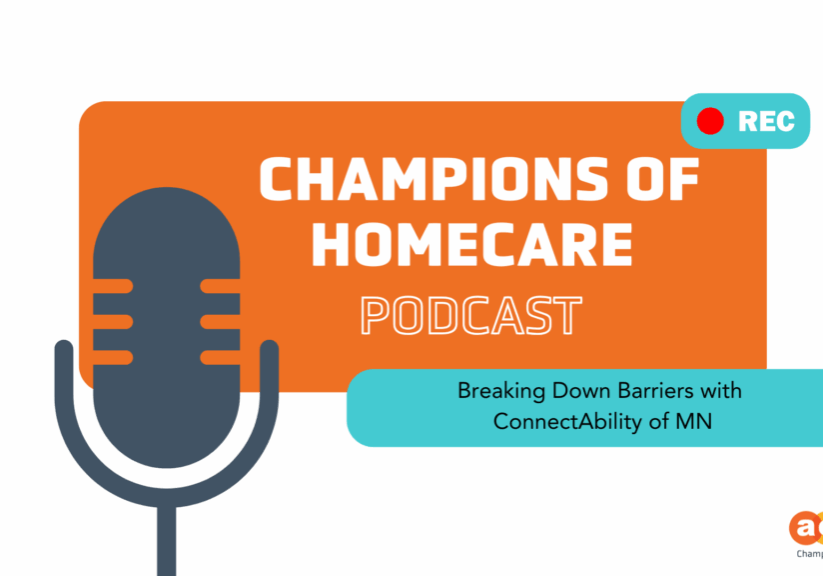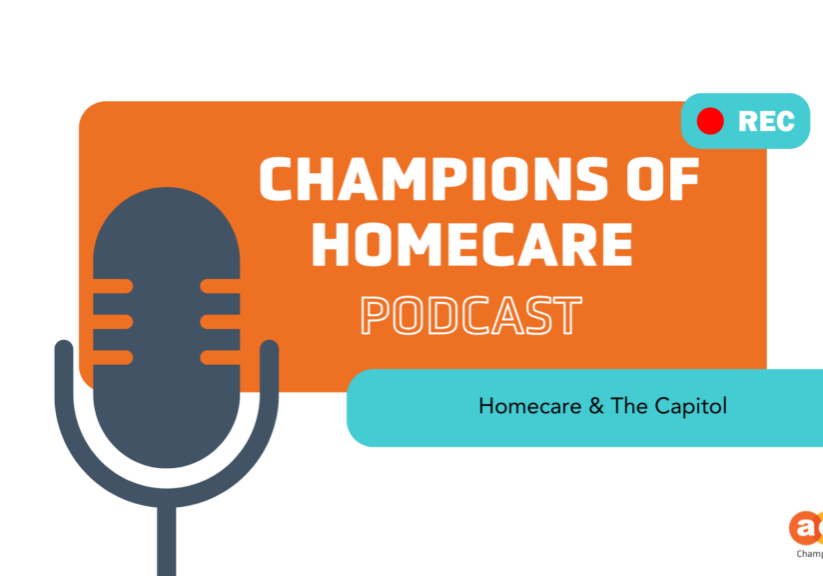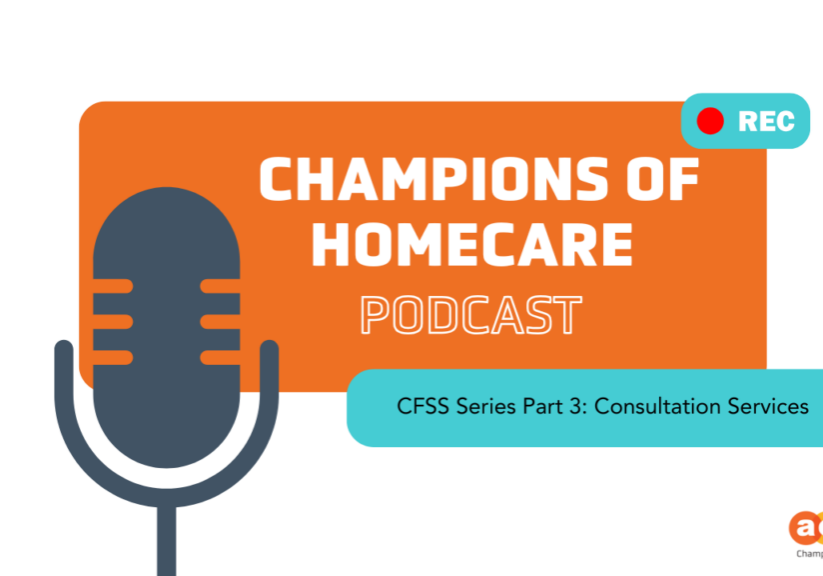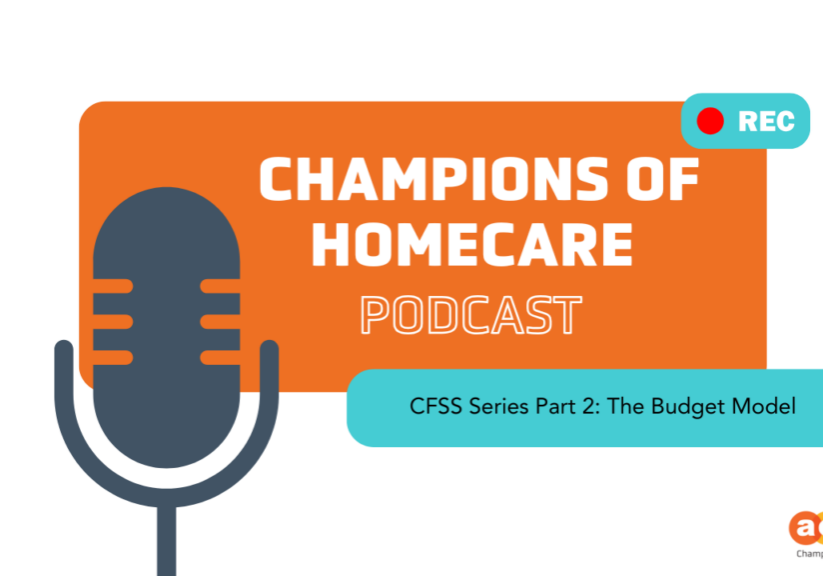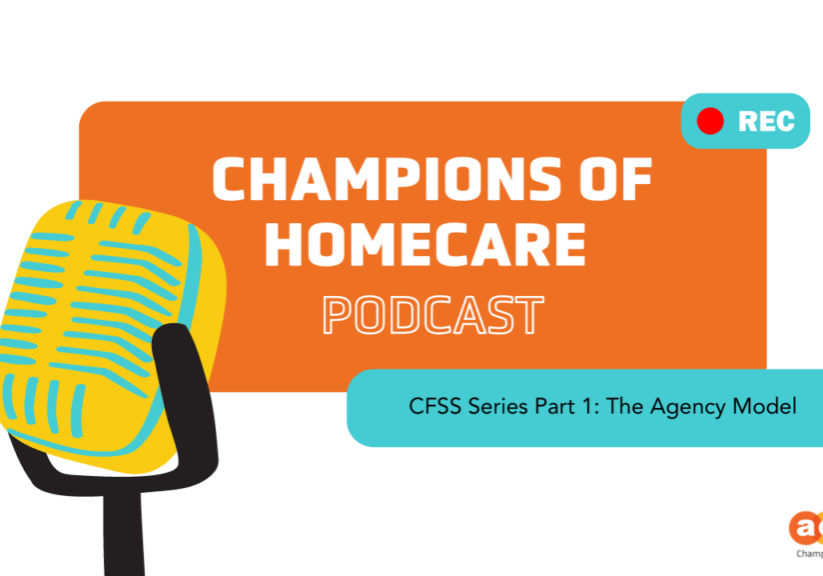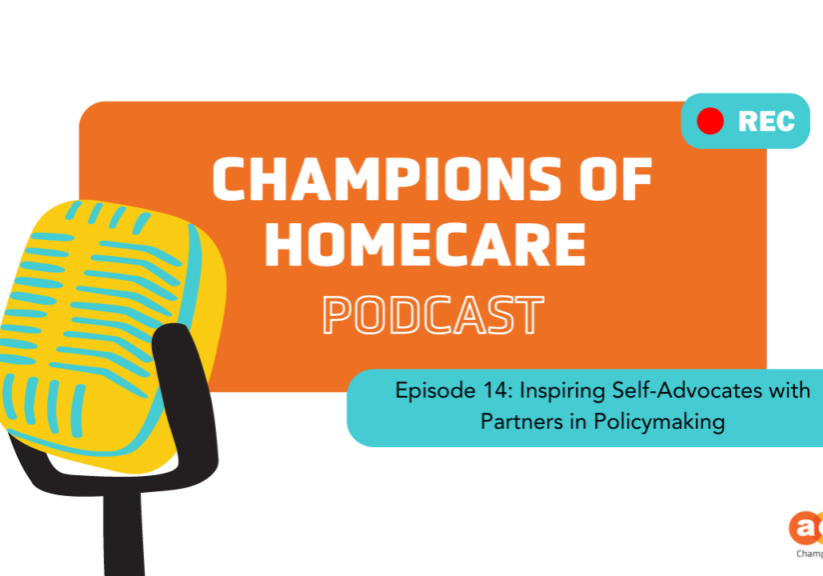The Champions of Homecare Podcast
The podcast for all your homecare needs in Minnesota

Join our hosts David Hancox and Jason Dorow as they discuss everything homecare with a variety of industry experts.

What is the Champions of Homecare Podcast?
The Champions of Homecare Podcast is the #1 resource for all information and updates on homecare in the state of Minnesota. We dive into resources you may not have heard about, and help you know what questions to ask when you are being evaluated for services.

